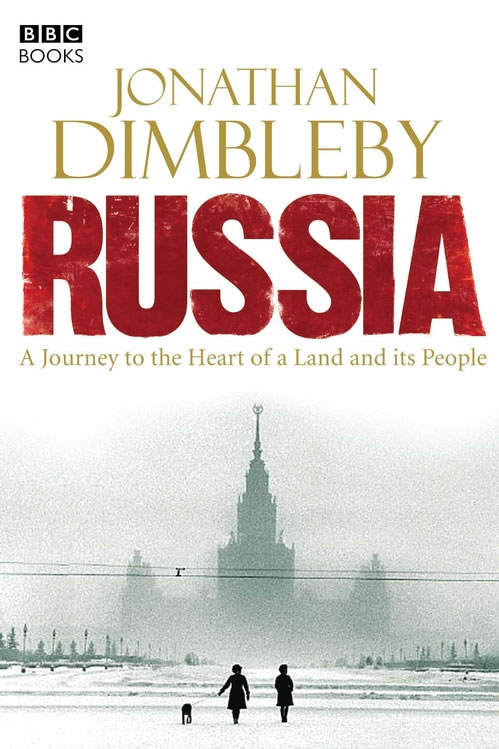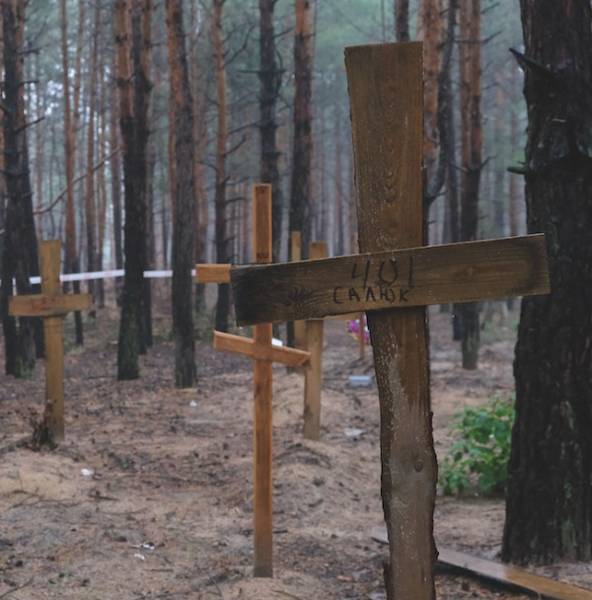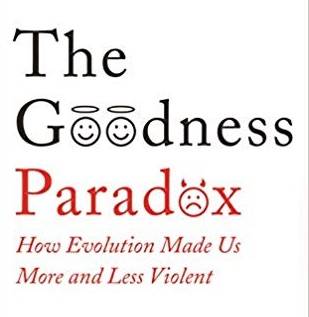 Five years after Stalin’s death, John Gunther, an American travel writer, published a book called Inside Russia Today. It was a runaway bestseller. Travelling through what was then the Soviet Union, Gunther reported on all those things that were not in the headlines: how ordinary Russians lived, what they ate, what the weather was like, how schools were run and the jobs people held. Forty years later, Jonathan Dimbleby has set out to do the same. Like Gunther, he is no Russian expert. He does not speak the language. He has never reported from Moscow. He cannot compare today’s truncated nation with the Soviet Union of the Cold War. But, like Gunther, he is a fine journalist, who knows how and where to find the right story. And the result – Russia: A Journey to the Heart of a Land and Its People – is a substantial, informative 564-page achievement.
Five years after Stalin’s death, John Gunther, an American travel writer, published a book called Inside Russia Today. It was a runaway bestseller. Travelling through what was then the Soviet Union, Gunther reported on all those things that were not in the headlines: how ordinary Russians lived, what they ate, what the weather was like, how schools were run and the jobs people held. Forty years later, Jonathan Dimbleby has set out to do the same. Like Gunther, he is no Russian expert. He does not speak the language. He has never reported from Moscow. He cannot compare today’s truncated nation with the Soviet Union of the Cold War. But, like Gunther, he is a fine journalist, who knows how and where to find the right story. And the result – Russia: A Journey to the Heart of a Land and Its People – is a substantial, informative 564-page achievement.
I was reluctant to be won over. There have been so many books on Russia. What new did a television journalist have to add, especially as he explained that he undertook his 10,000-mile trip largely to get over the hurt of his recent divorce? Watching the five-part television series only increased my scepticism. This was indeed fine television – good photography, extraordinary scenery, bizarre interviews and encounters and enough historical facts to keep us amused on Dimbleby’s long train journeys meandering across Siberia. But would the book of the film give us any more, or was it just a BBC spin-off to make more money?
I need not have worried. There is a wealth of information here, balanced between the eternal verities of Russia – its size, turbulence, fatalism and suffering - and the brash, noisy intrusions of post-Soviet mayhem: the oligarchs, money, social disintegration, new businessmen and sinister quasi-fascist nationalists. Those who tell their stories on film do so also in the book. But there is plenty more. The background is amplified. In Irkutsk, for example, the “gateway to the East”, Dimbleby tackles the terrible spread of Aids. But he also looks back a century or more ago, quoting the warning in Bradshaw’s Through Routes to the Chief Cities of the World that the garrotters were still about their business, the police were still helpless and escaped convicts were so many that a stranger should not walk about after dark.
In the Caucasus he finds all the tribal passions and hatred now roiling Chechnya back in the writings of Tolstoy. Even a proud, hospitable Dagestani who has spent a term at Cambridge, Massachusetts, has attitudes on marriage, women, homosexuals and honour killings that seem to Dimbleby to come from a wholly alien world. The advantage of a book is that there is space to ask the awkward questions, to reflect more on the many mentalities spread across this huge country, and to express the outrage Dimbleby clearly feels not only at the recent backsliding into authoritarianism but at the general welcome embrace of old-style Soviet repression and paranoia.
More than a travelogue and drawing on very substantial historical homework, Dimbleby’s book opens up Russia today with compelling enthusiasm, his excitement and engagement tempered with chilling reminders of Stalinist persecutions and squalid evidence of the nastiness today that the end of communist conformity has brought to the surface. This is not a book written for academics and political analysts. Fresh eyes, however, have seen what too often those writers fail to convey. He has found his way to the enigmatic heart of Russia.
Russia is published by BBC Books

